New Tortoise Conservation Center Offers New Hope to Thousands of Tortoises in Southern Madagascar
by Howard Goldstein, Rick Hudson and Christina Castellano 
The unprecedented upsurge in tortoise poaching in Madagascar has seen TSA and its allies respond stronger than ever, with record numbers of confiscations at the Ivato International airport in Antananarivo and in villages throughout Madagascar.
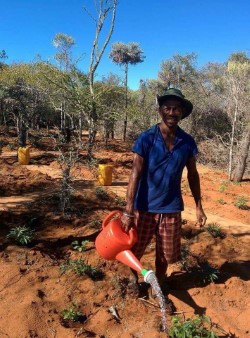
As thousands of endemic Radiated Tortoises (Astrochelys radiata), as well as Spider Tortoises (Pyxis arachnoides) and even ultra-rare Ploughshare Tortoises (Astrochelys yniphora), destined for either the butcher block or Asian pet trade, are confiscated by Malagasy authorities, they must be placed for rehabilitation and treatment before being reintroduced into the wild or given to long-term captive breeding programs.
Through the joint TSA/Hogle Zoo (in Salt Lake City, Utah) Madagascar program, four facilities have been established throughout the Radiated Tortoise’s range in the Androy region of southern Madagascar at Ambovombe, Ampanihy, Beloha, and Betioky.
Previously, most confiscated tortoises were sent to the Village des Tortues Center in Ifaty. But as smuggling and confiscations exceed record pace, these centers simply cannot keep up with the torrent of rescued animals. The Center at Ifaty and all four TSA facilities are currently running at capacity, with overcrowding and quality of captive care becoming legitimate concerns.
Recognizing the need for a central facility that can adequately house the steady stream of confiscated tortoises while providing veterinary care, research opportunities, and reintroduction planning, the TSA/Hogle Zoo partnership begin planning a base from which to coordinate tortoise conservation activities in the south, and the concept for the Tortoise Conservation Center (TCC) was born.
Thanks to a three year grant from the Leona M. and Harry B. Helmsley Charitable Trust, coupled with substantial and consistent support from the Hogle Zoo, the TCC is rapidly becoming a reality. Slated for completion in 2018, construction got underway in 2015 within an intact native spiny forest area known as Ala Mahavelo. A grant from the Association of Zoos and Aquariums (AZA) Conservation Grant Fund is bolstering year two construction, and a campaign is currently underway by the British Chelonia Group to fund a tortoise hospital and veterinary clinic.
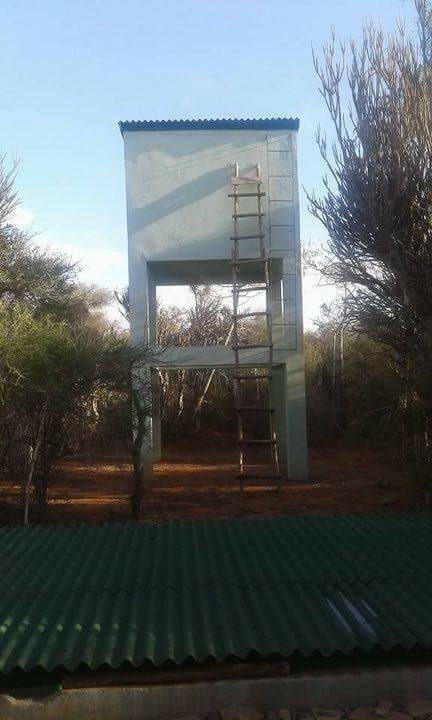
Already over 2,000 tortoises have been brought to the TCC from other confiscation centers. Although more facilities and enclosures must be completed, the TCC is already becoming a hub of activity for tortoise conservation in the south, and will ultimately provide proper long-term care for large numbers of tortoises while reintroduction plans are made. The TCC has installed an excellent water access and retention system (a rarity in the arid south), and built multiple tortoise enclosures that will allow rotational grazing amid good forest cover.
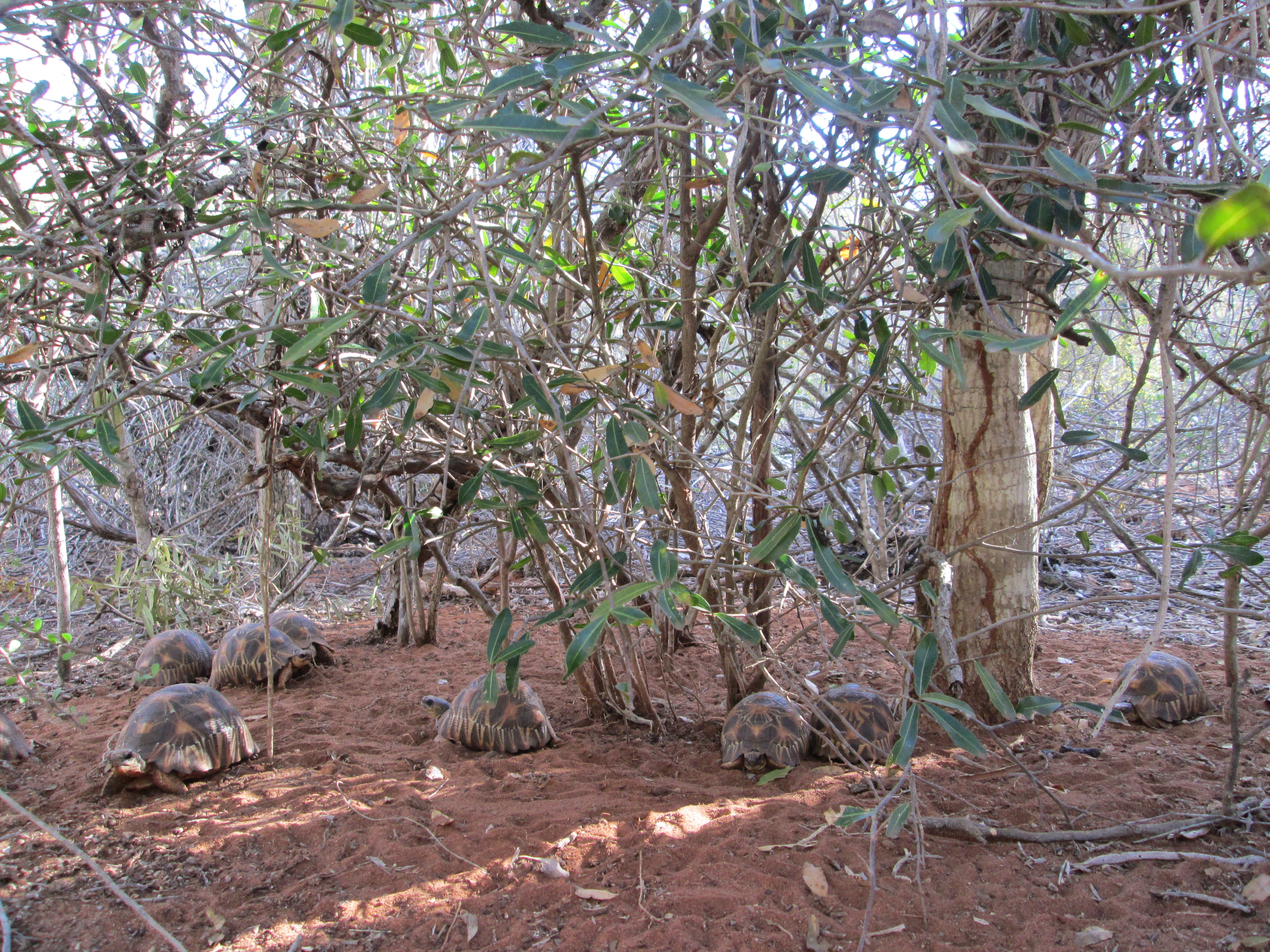
But the TCC is more than simply a larger, better provisioned model of the original rescue facilities; it is an integral part of a multi-faceted long-term conservation model for Malagasy tortoises, encompassing both biological and social solutions. It is, in short, a key piece in the TSA/Hogle Zoo’s southern tortoise conservation strategy and the platform from which almost all of the other elements of the program will be built.
Tortoises rescued from smugglers and bush meat dealers often suffer injury and disease from the abuse and neglect they endure, and the TCC will function as a secondary treatment facility after the tortoises are released from the rescue centers. With a dedicated veterinary facility, the TCC will be able to adequately quarantine and care for new arrivals before releasing them into the main TCC population.
While some animals will remain in captivity as part of long-term breeding and education programs, the ultimate purpose of these confiscations is to return as many tortoises as possible into the wild. To this end, TSA has been supporting research with both hard and soft release strategies of tortoises to determine the best methods for repatriation. A “hard” release is simply reintroducing the animal to the wild almost immediately, while the “soft” approach acclimates the tortoises to the new area in temporary enclosures in order to condition them to regard the release area as “home.”
Although the vast majority of TCC tortoises are Radiated Tortoises, the site will also maintain an assurance colony of the endangered Southern Spider Tortoise (P. arachnoides oblonga,) the subspecies that naturally occurs within the range of the TCC and the most threatened of the three races of Spider Tortoises.
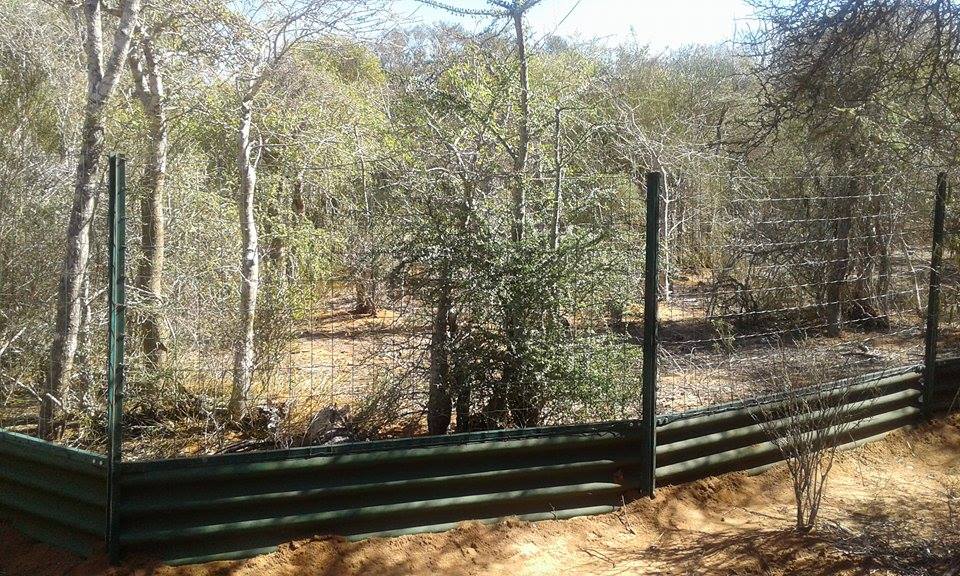
By bringing together the scientific, veterinary, animal care, reintroduction, and social issues surrounding tortoise conservation, as well as serving as the distribution/reception center for the other outlying facilities, the TCC will be the lynchpin of TSA/Hogle Zoo’s Madagascar tortoise conservation program, and allow for far greater efficiency and coordination in our fight to preserve these remarkable and iconic creatures.
In addition to the veterinary clinic, quarantine facility, permanent housing areas, and acres of protected spiny forest habitat, the completed TCC will also feature accommodations for visiting scientists, dormitory areas for staff, a kitchen, a vegetable garden, a conference hall, and an educational pavilion.
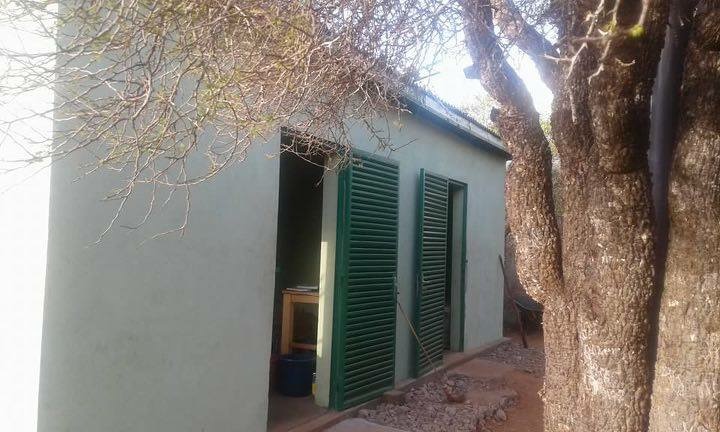
When complete, the TCC will become a game changer and an integral component in orchestrating proper conservation measures for tortoises in southern Madagascar.
TSA would like to thank the Leona M. and Harry B. Helmsley Charitable Trust, the Hogle Zoo, Conservation International, British Chelonia Group, Turtle Conservation Fund, Association of Zoos and Aquariums, Nature’s Own, and Owen Griffiths/Francois Leguat, Ltd. for their generous support. Nevin Lash of Ursa International is gratefully acknowledged for the TCC site design and illustrations. We also recognize the dedicated effort of all of our Malagasy staff who are building the TCC under less than ideal conditions, in particular Jean Denis Andrianarisoa and Riana Rakotondrainy, who are providing 24/7 oversight of the TCC construction process.
